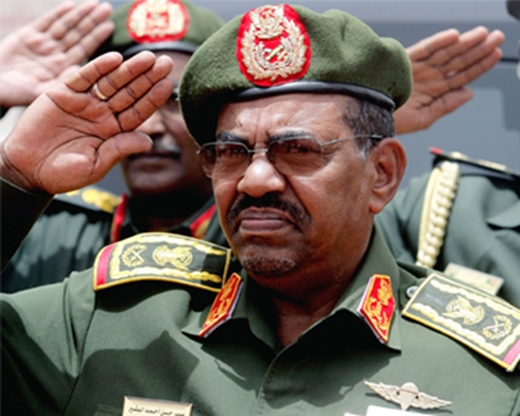CAIRO: In an interview with the state-run daily paper Al-Ahram, President Hosni Mubarak rebuffed the recent rumors that surfaced about his weakened health.
For the past month, rumors and speculation spread among Egyptians and in the media regarding Mubarak’s health. Some said he was hospitalized, others claimed he had traveled for medical treatment. But the most serious rumor circulated went as far as saying that the president had passed away.
Independent press indirectly implied that Mubarak’s health was deteriorating while state-run media reported regularly on his political engagements. Some rumors circulated via the Internet and by word-of-mouth claimed Mubarak was dead, forecasting impending chaos.
“It is normal and expected for Mubarak to address the latest rumors surrounding his health, Ambassador Mahmoud Shokry, writer and political analyst, told Daily News Egypt.
Mubarak’s comments must have been in response to a direct question from the reporter, added Shokry, “which was not apparent as the interview [conducted by Osama Saraya, the editor in chief of Al-Ahram daily newspaper] was not published in a question and answer format. It was paraphrased.
“I do not know what led Mubarak to talk about his health or death rumors. He indirectly replied to [the rumors] by making a public appearance in a visit to Smart Village and to factories in Borg Al-Arab last week, Shokry said.
In the interview, Mubarak said that these kinds of rumors usually spread during the month of August, but did not give any explanation as to why this happens.
In a long, front-page interview published in Al-Ahram’s Friday issue, Mubarak also spoke about the country’s economic and political state, the National Democratic Party’s (NDP) in-party elections and the youth’s role in society.
Mubarak said he is satisfied with Egypt’s economy, which Shokry says is expected from the president of the nation, and “who is also the president of the NDP.
“[Mubarak] is saying what the NDP has been claiming. Similar comments have made by Prime Minster Ahmed Nazif and Gamal Mubarak . he cannot say otherwise.
Samir Radwan, managing director of the Economic Research Forum, told Daily News Egypt in a previous interview that “the rate of absolute poverty has definitely decreased.
Income levels are still unfairly distributed, but this is a common feature of transitional stages, Radwan said.
Minister of Trade and Industry Rachid Mohamed Rachid, said in a press conference organized by the Egyptian-French Business Association in February 2007 that more effort should be made so that the average Egyptian citizen can reap the benefits of the economic growth Egypt has witnessed over the past three years.
According to Radwan, there are two reasons why the average Egyptian citizen is not feeling the economic progress Egypt has made. First, according to Radwan, the progress is very new. It has only taken place in the last three years, so it needs more time before it reaches everyone, Radwan said.
Secondly, the unemployment rate has not changed, added Radwan. People do not feel that more people are being employed or that higher salaries are being paid.
Mubarak said that the presence of different political parties is important in order to stimulate political life in Egypt. However, Shokry said, “[This statement is] correct, but it is not practically implemented.
“There is not one single active political party in Egypt except the NDP, which is the only party that has the financial and political capabilities to progress and change [as it desires], he added.
Political parties, with the exception of the NDP, are currently divided into three categories, said Shokry. “Some parties are only present on paper. [The second category] is the banned Muslim Brotherhood, which enjoys the highest popularity among citizens, but it cannot function officially in public.
The Brotherhood is Egypt’s most influential opposition group. It took 88 seats in the 454 member People’s Assembly after elections in the fall of 2005. Its representatives sit as independents because of the group’s illegal status.
The third category is what Shokry described as “parties with good intentions. These have a vision and the intention to make positive changes, he says, but they do not have the means to actually do so.

